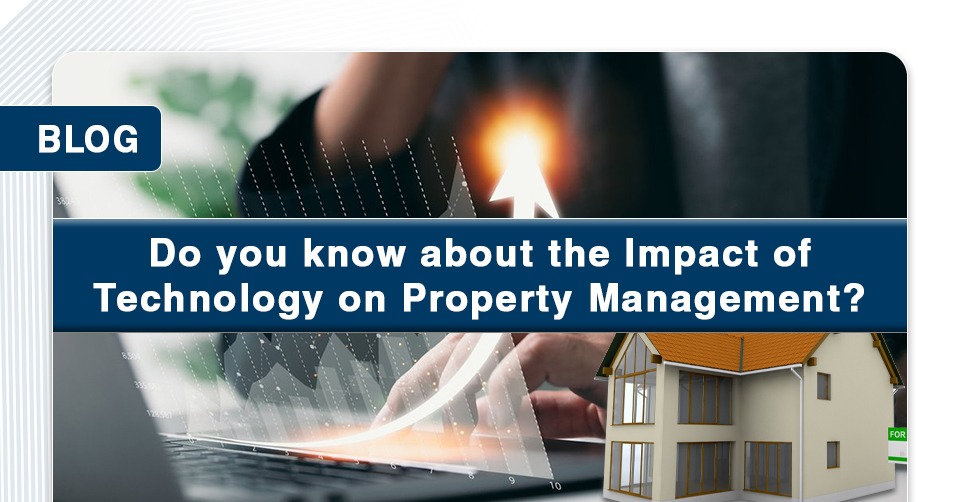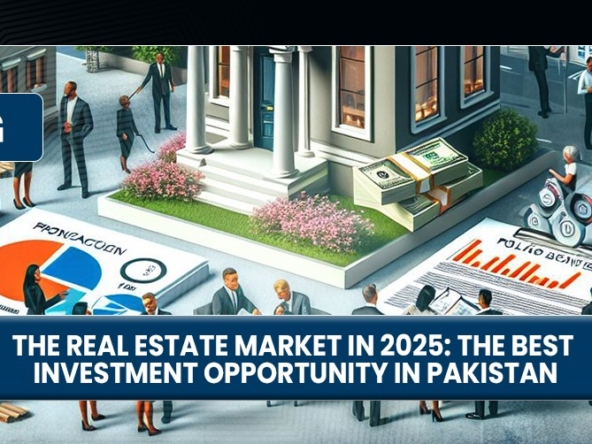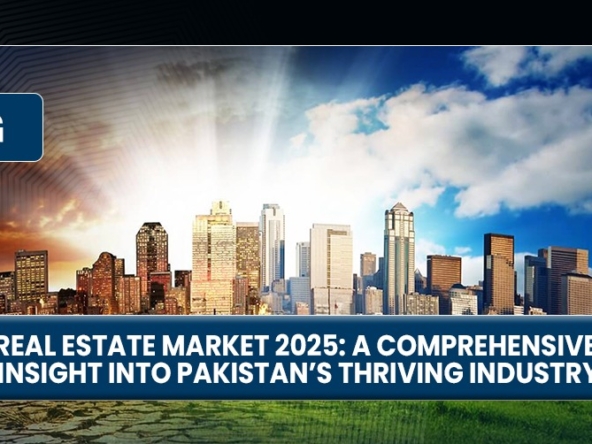The property management landscape has been drastically transformed by the rapid advancement of technology. Over the past few decades, technological innovations have led to increased efficiency, convenience, and improved tenant experiences in the property management sector. This essay explores the multifaceted impact of technology on property management, emphasizing its role in enhancing operational processes and overall customer satisfaction.
Streamlining Operations Through PropTech
Property technology, commonly referred to as PropTech, has emerged as a game-changer for property management. PropTech encompasses a variety of tools and software designed to streamline operations. These include property management software, artificial intelligence (AI), the Internet of Things (IoT), and data analytics.

Property management software has simplified administrative tasks such as lease management, rent collection, and tenant communication. It enables property managers to track property performance and conduct financial analyses with ease. AI, on the other hand, is revolutionizing the tenant screening process by assessing an applicant’s suitability in real time, thereby reducing risks and enhancing the tenant selection process.
IoT devices allow for remote monitoring of property conditions, ensuring preventive maintenance and improved security. Moreover, data analytics provides valuable insights into property performance, helping property managers make informed decisions.
How is this Elevating the Tenant Experience?
When it comes to the Impact of Technology on Property Management you must know about how Technology’s impact on property management extends beyond operational enhancements; it significantly contributes to the tenant experience. Today’s tenants expect a seamless and tech-savvy living experience, which has driven property managers to leverage technology to meet these expectations.

One notable development is the implementation of smart home technology. This includes features like keyless entry, smart thermostats, and connected security systems. These innovations provide tenants with greater control and convenience in their living spaces, ultimately improving satisfaction and retention rates.
Tenant portals and mobile apps have also become standard offerings. They enable tenants to pay rent online, submit maintenance requests, and communicate with property managers, simplifying interactions and enhancing responsiveness.
Virtual tours and 3D floor plans have transformed the property viewing process, enabling prospective tenants to explore properties remotely, saving time, and improving accessibility.
Maximizing Efficiency in Maintenance and Sustainability
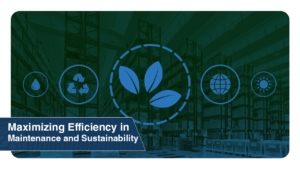
Technology has revolutionized property maintenance, making it more efficient and environmentally sustainable. Predictive maintenance is a critical aspect of this transformation, as it uses data from IoT devices to anticipate maintenance needs, allowing property managers to address issues before they become costly problems.
Learn more: Top Small Investment Opportunities In Pakistan That You Should Consider?
Furthermore, technology-driven sustainability initiatives have gained prominence. Smart energy management systems, including lighting and HVAC control, contribute to reduced energy consumption. Sustainability-driven technology not only benefits property managers by reducing operational costs but also aligns with the growing emphasis on eco-friendly living spaces.
Augmented reality (AR) and virtual reality (VR) tools have also found applications in property management. These technologies enable property managers to provide immersive property tours for potential tenants or streamline maintenance tasks through remote guidance, further improving efficiency.
Mitigating Challenges and Ensuring Security
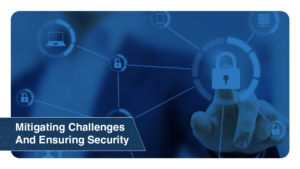
While technology has brought remarkable advances to property management, it has not been without challenges. Cybersecurity is a growing concern as property managers handle sensitive tenant information.
Hence, they are investing in secure platforms and robust data protection measures to safeguard their tenants’ data. So when you think that the Impact of Technology on Property Management is rising then you must know that there are certain pros and cons that people are not aware about.
Another challenge lies in the potential digital divide, with some tenants lacking access to technology or the knowledge to use it effectively. Property managers need to ensure they continue to provide alternative means of communication and services for all tenants.
Moreover, as technology evolves, property managers must adapt to the ever-changing landscape. Staying updated on the latest PropTech developments is crucial for remaining competitive and providing a top-notch tenant experience.
What can you derive from the Impact of Technology on Property Management?
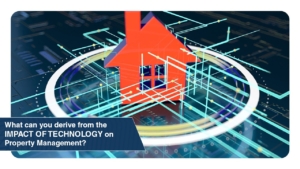
The Impact of Technology on Property Management is undeniable, with numerous benefits spanning operational efficiency, tenant experience, maintenance, sustainability, and security. The evolution of property management has been driven by innovative technologies like property management software, AI, IoT, and data analytics, all contributing to streamlined operations.
Learn more: Staying Connected With The Best Builder In Bahria Town Karachi For Optimal Return On Investment
Smart home technology and mobile apps are now integral to providing tenants with convenience and responsive service. Additionally, technology plays a significant role in property maintenance and sustainability, improving overall efficiency and reducing costs.
As the Impact of Technology on Property Management continues to shape the property management industry, property managers must remain vigilant, addressing challenges such as cybersecurity and the digital divide.
Embracing the ever-changing tech landscape will be vital in ensuring that property management remains both efficient and responsive to tenants’ evolving needs. Property management has embarked on a digital transformation journey, and the road ahead promises further technological advancements that will continue to redefine the industry’s landscape.


